Anyone who’s been around for a few decades will know that our world has changed over a relatively short period of time. This means that many skills that were once essential for daily life have now faded into history. But while they may no longer be as practical as they once were, these skills offer a nostalgic glimpse into how people used to live and work.
Let’s take a look at some former everyday skills that have all but disappeared today.
Reading a Map

Nowadays, it’s pretty straightforward to plug an address into a GPS or your smartphone and get directions in an instant. But not all that long ago, knowing how to read a map was a crucial skill for travel. Back then, people planned routes using paper maps, often spread out all over their car dashboards.
Using a Manual Can Opener
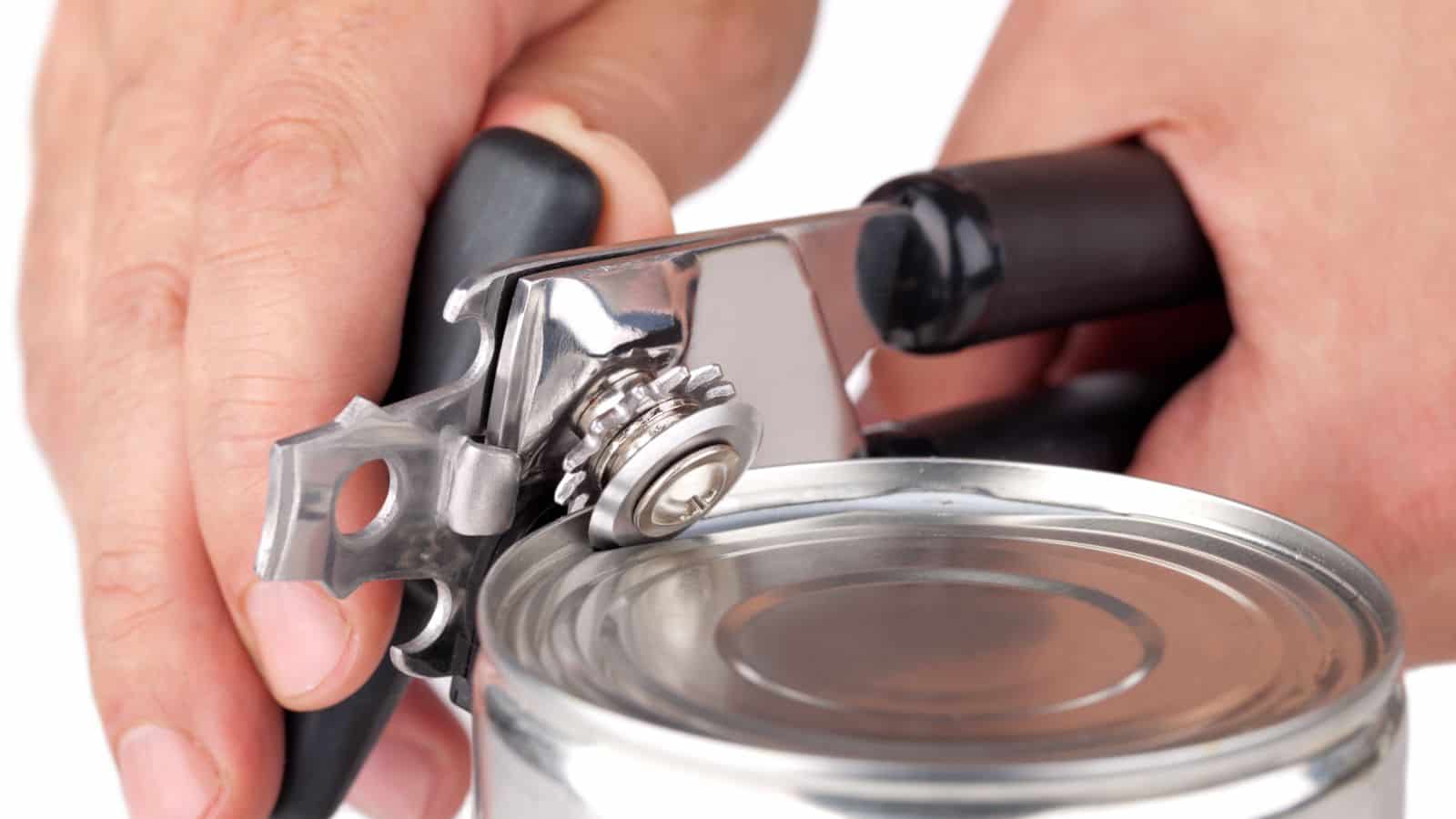
Electric and pull-tab cans are super convenient and great inventions for people with hand issues. Many kids today don’t even know that there was a time when every kitchen drawer had a manual can opener, and using one demanded some real elbow grease and technique.
Balancing a Checkbook
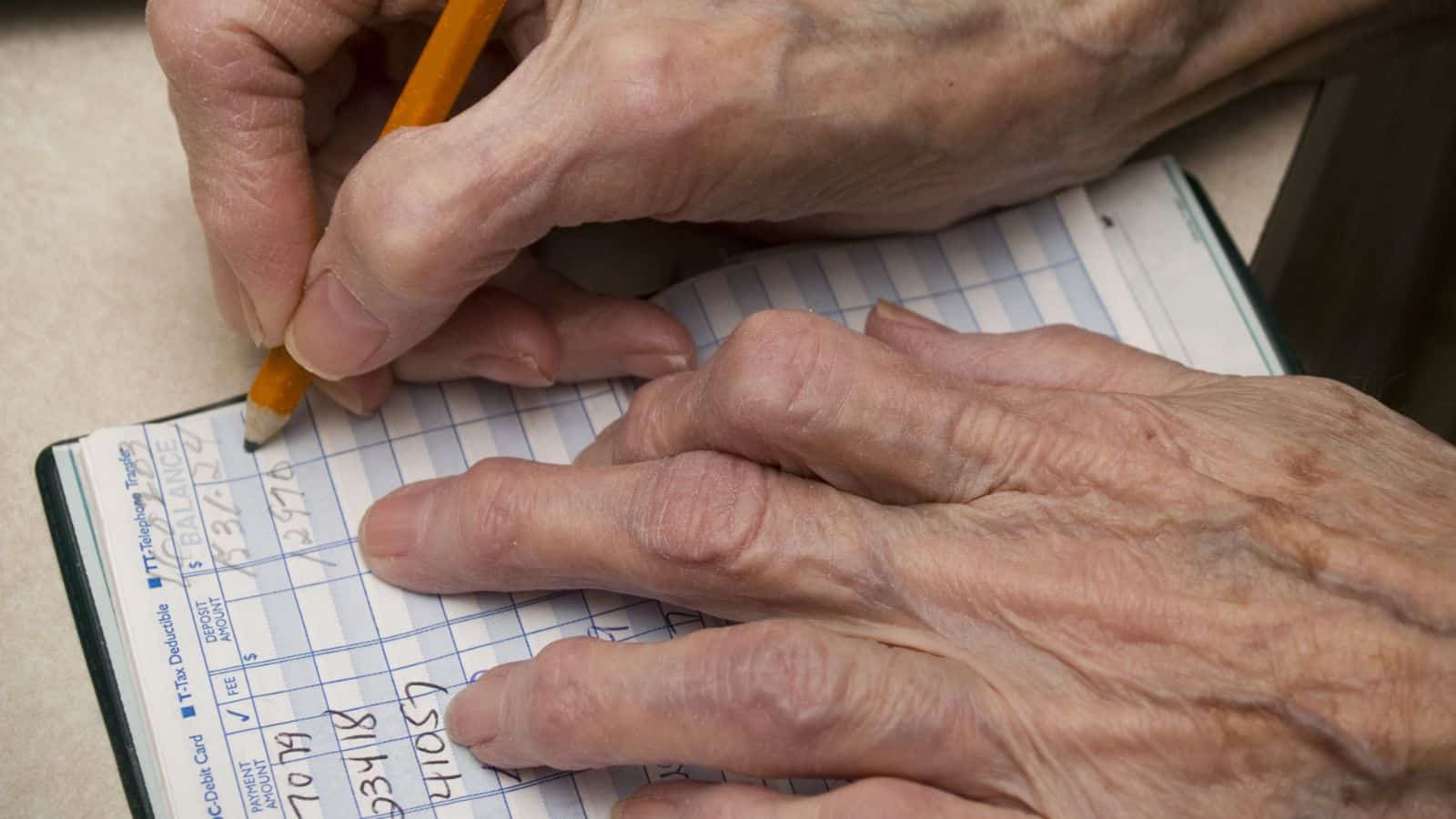
Keeping track of expenses by hand in a checkbook ledger was once a standard practice. We would have to manually record deposits and withdrawals to ensure all of our finances were in order.
It’s rare to find someone who misses those days, as online banking and budgeting apps have made this process a whole lot easier.
Tying a Perfect Knot

Back in the good old days, knowing how to tie various knots was essential for tasks like securing items, camping, or even hanging your laundry. While many people still find these abilities impressive today, modern solutions like bungee cords, zip ties, and Velcro have largely replaced the need for them.
Sharpening Knives
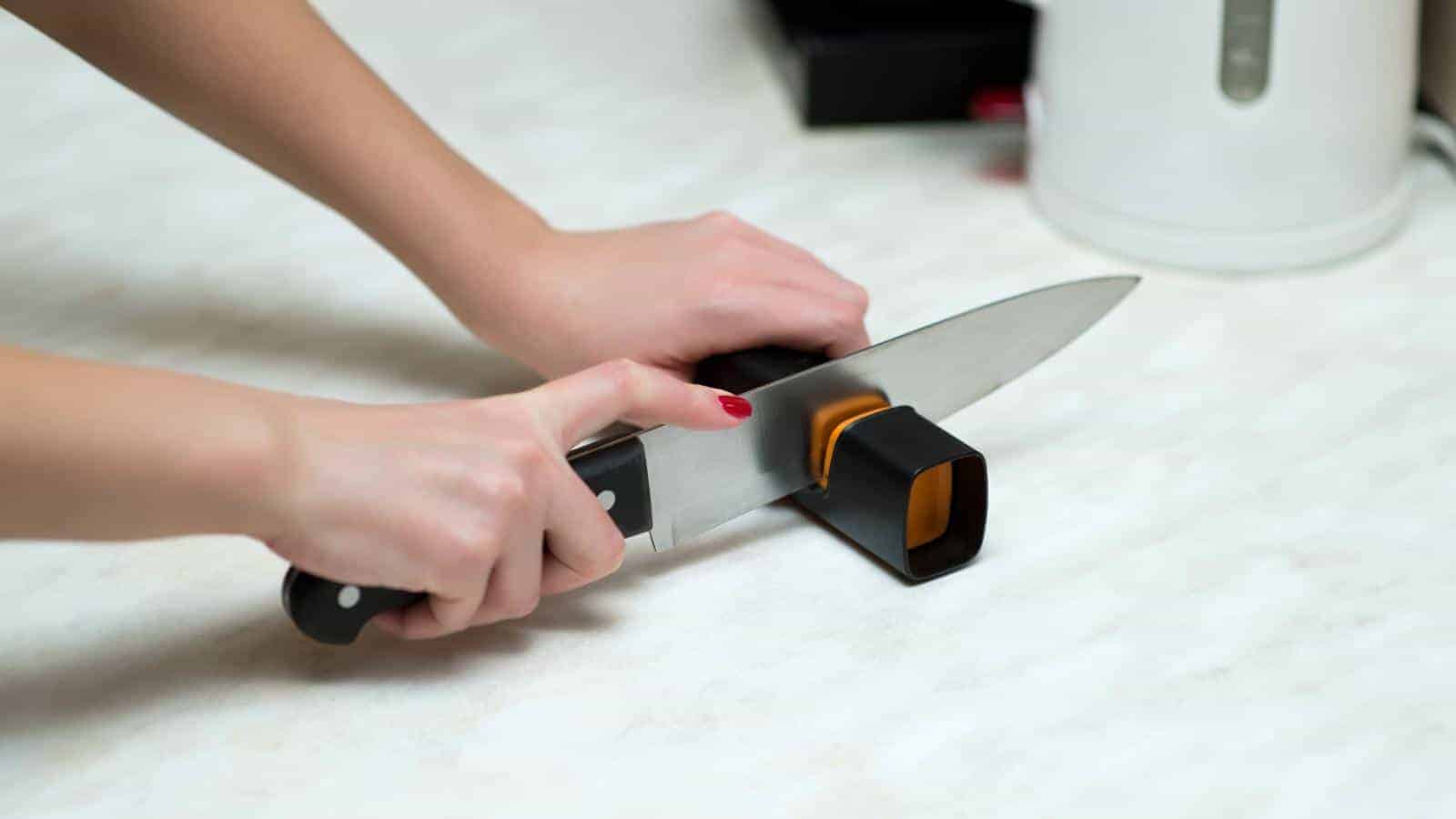
If you’ve been around for a while, you’ll know that knife sharpeners and whetstones were common household tools a few decades ago, and keeping blades razor-sharp was a regular chore. Now, a lot of people rely on pre-sharpened or replaceable blades, and professional knife sharpening services are available for those who still use high-quality cutlery.
Mending Clothes by Hand
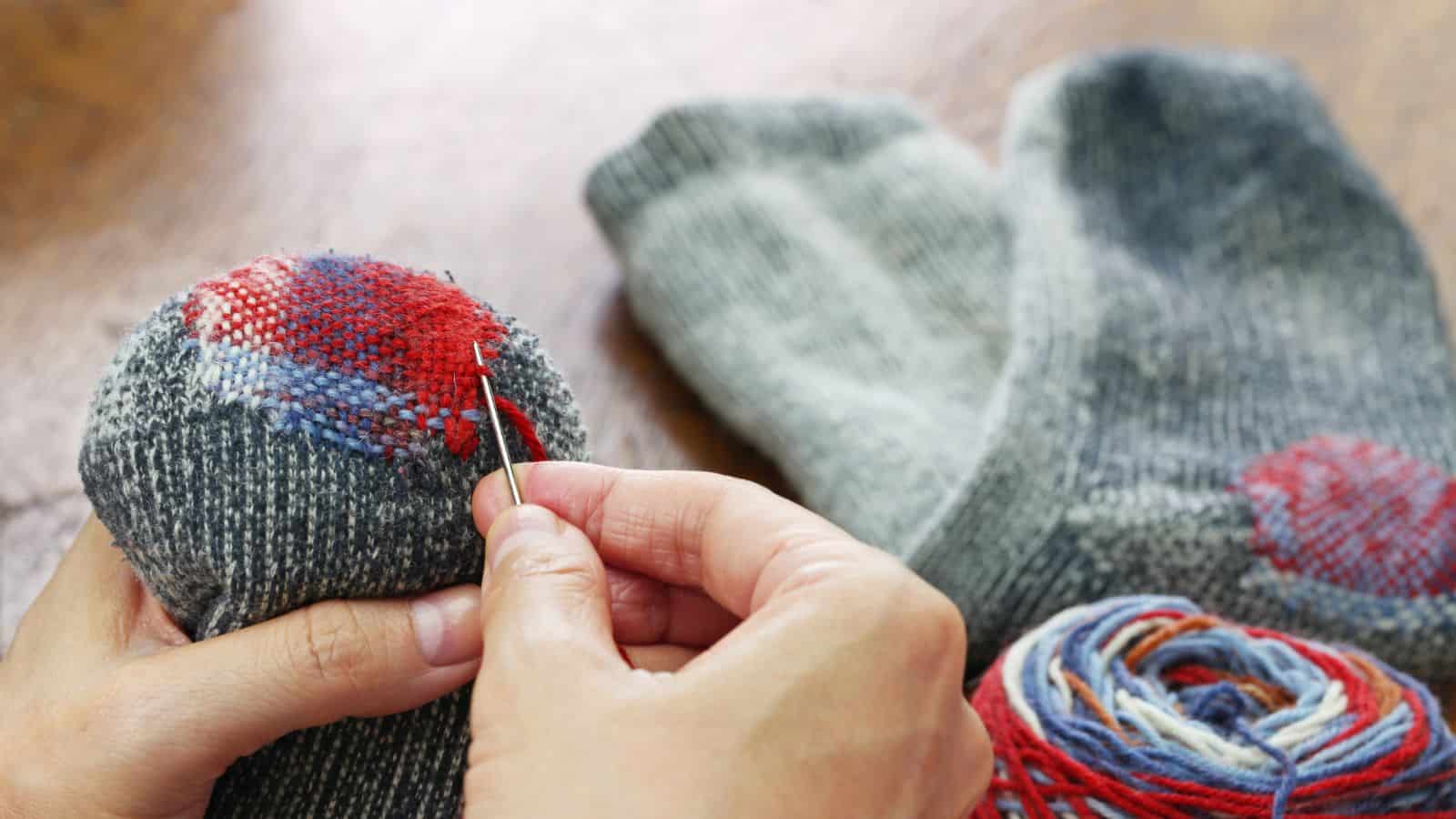
Sewing kits were once a household staple, and fixing a torn hem or sewing on a button was a normal part of day-to-day life. Sadly, with the rise of fast fashion, many people now replace rather than repair clothing, which is contributing to a lot of waste and environmental damage.
Writing in Cursive

People may still love the fancy elegance of cursive writing, but there’s nowhere near as much use for it as there once was. It used to be a foundational skill taught in schools, but today it’s being phased out in favor of typing and digital communication.
Rolling Down Car Windows
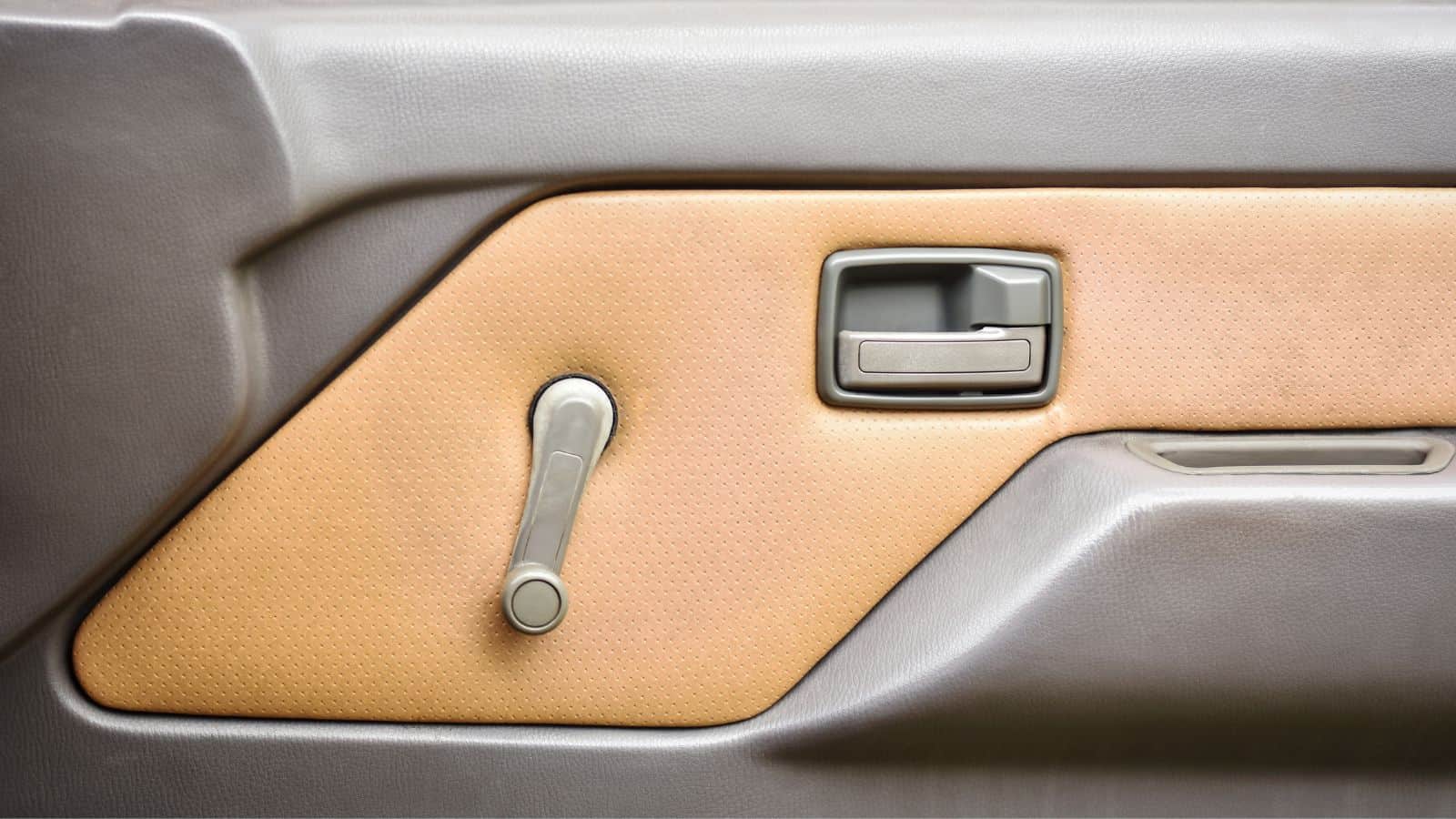
Remember the days when all cars were equipped with handy cranks to slowly roll down your car windows? The motion was second nature to drivers for decades, but now it’s a strange novelty for those who happen to find themselves in older vehicles. Modern cars and mechanisms have made this once-common skill completely obsolete.
Looking Up Phone Numbers in a Directory
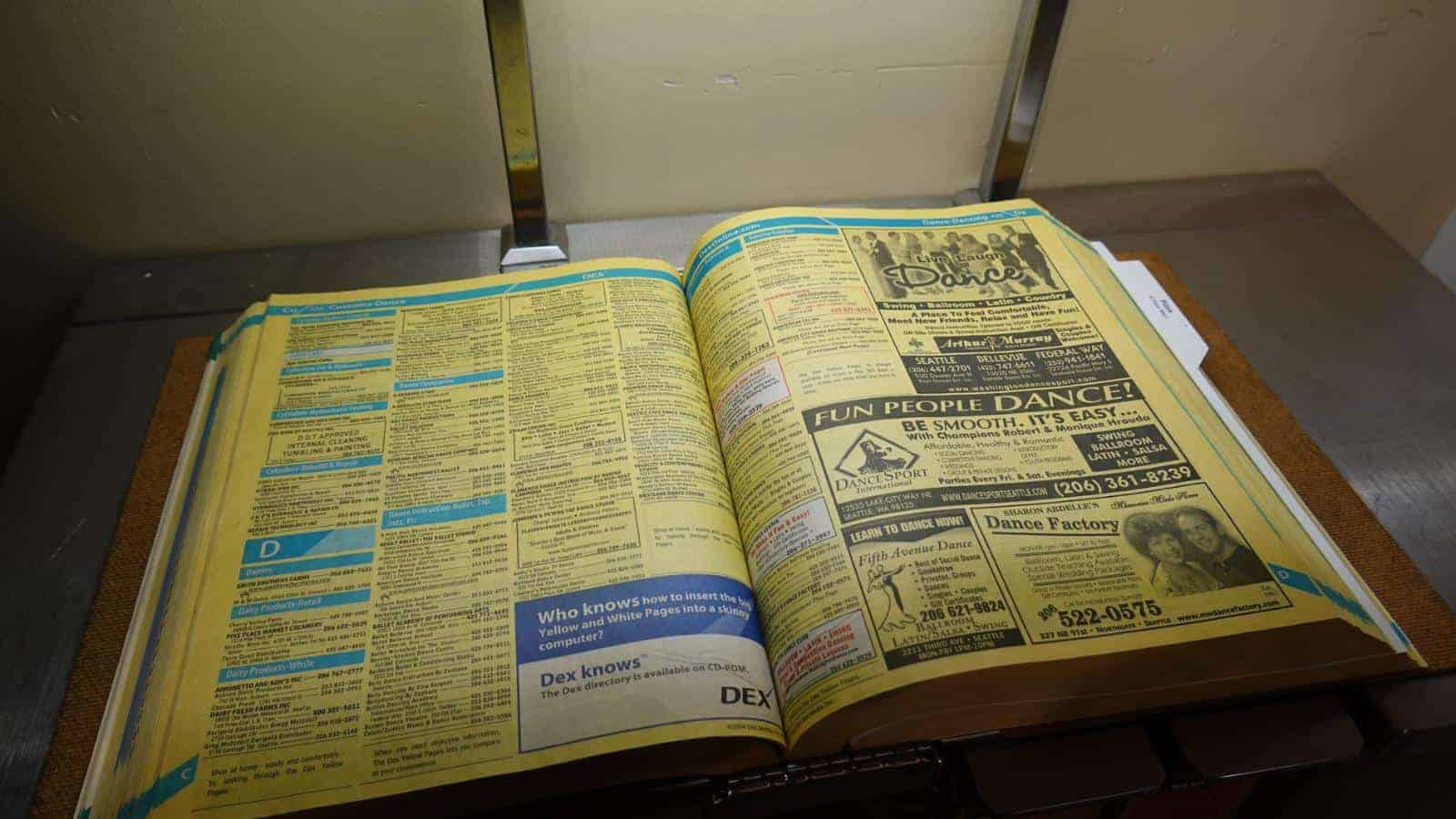
If you still have a big ol’ phone book lying around somewhere, you’re more likely to use it as a door stopper than what it was actually intended for. While these directories were once a household essential, the advent of smartphones and internet searches means looking up numbers has become as simple as a few taps.
Operating a Rotary Phone
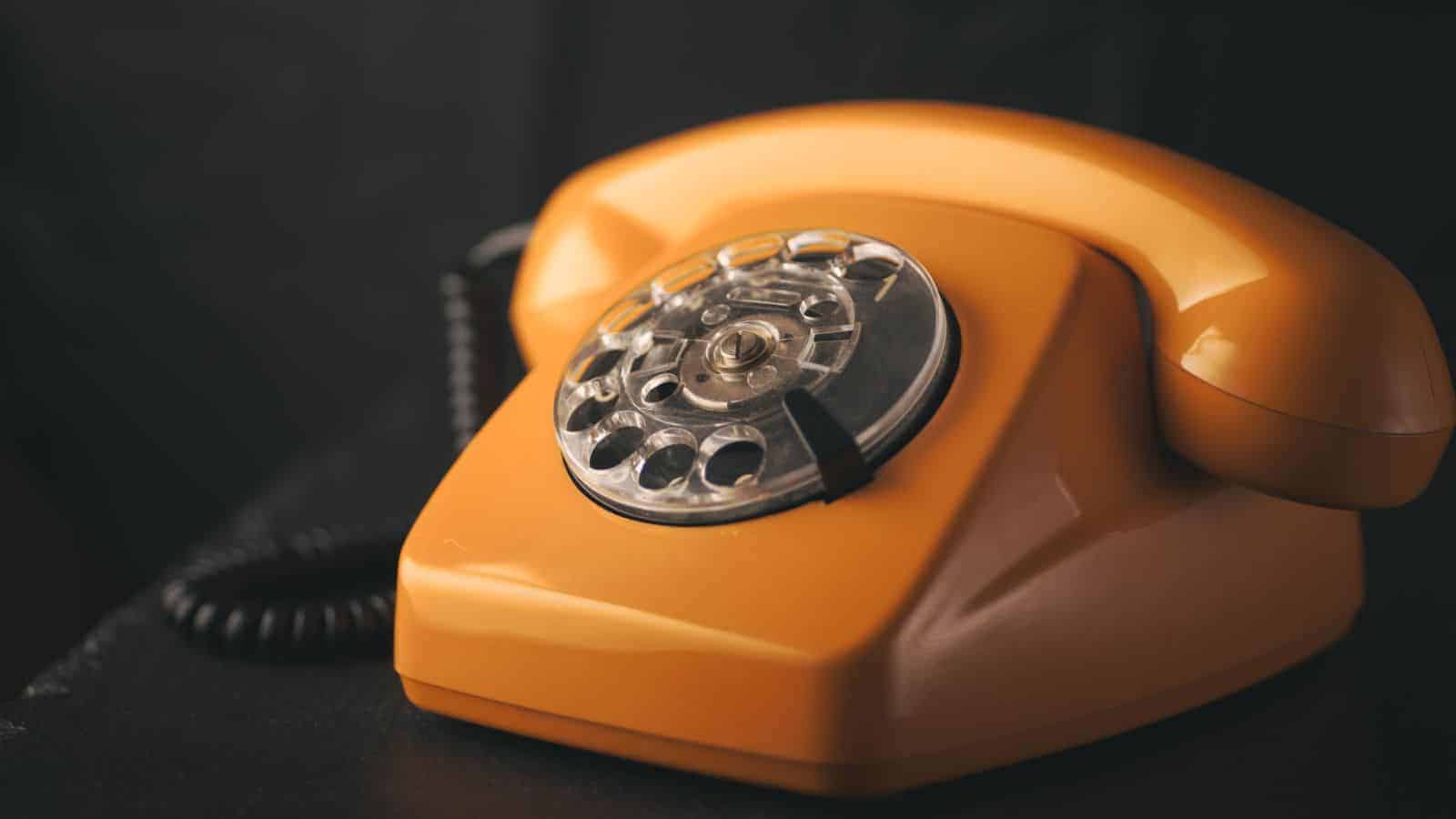
For many of us, it feels like just yesterday when rotary phones were all the rage. These now old-fashioned gadgets required precise dialing, and mistakes meant starting over from the very beginning. But this method of calling was a staple of daily life for decades before the arrival of push-button and touchscreen phones.
Hand-Washing Laundry

For many youngsters, it’s impossible to imagine the days before washing machines became commonplace. But back then, cleaning clothes by hand was a time-consuming but necessary skill. Using a washboard and basin, people worked up a sweat and scrubbed, rinsed, and wrung out all their laundry.
Changing the Ribbon on a Typewriter
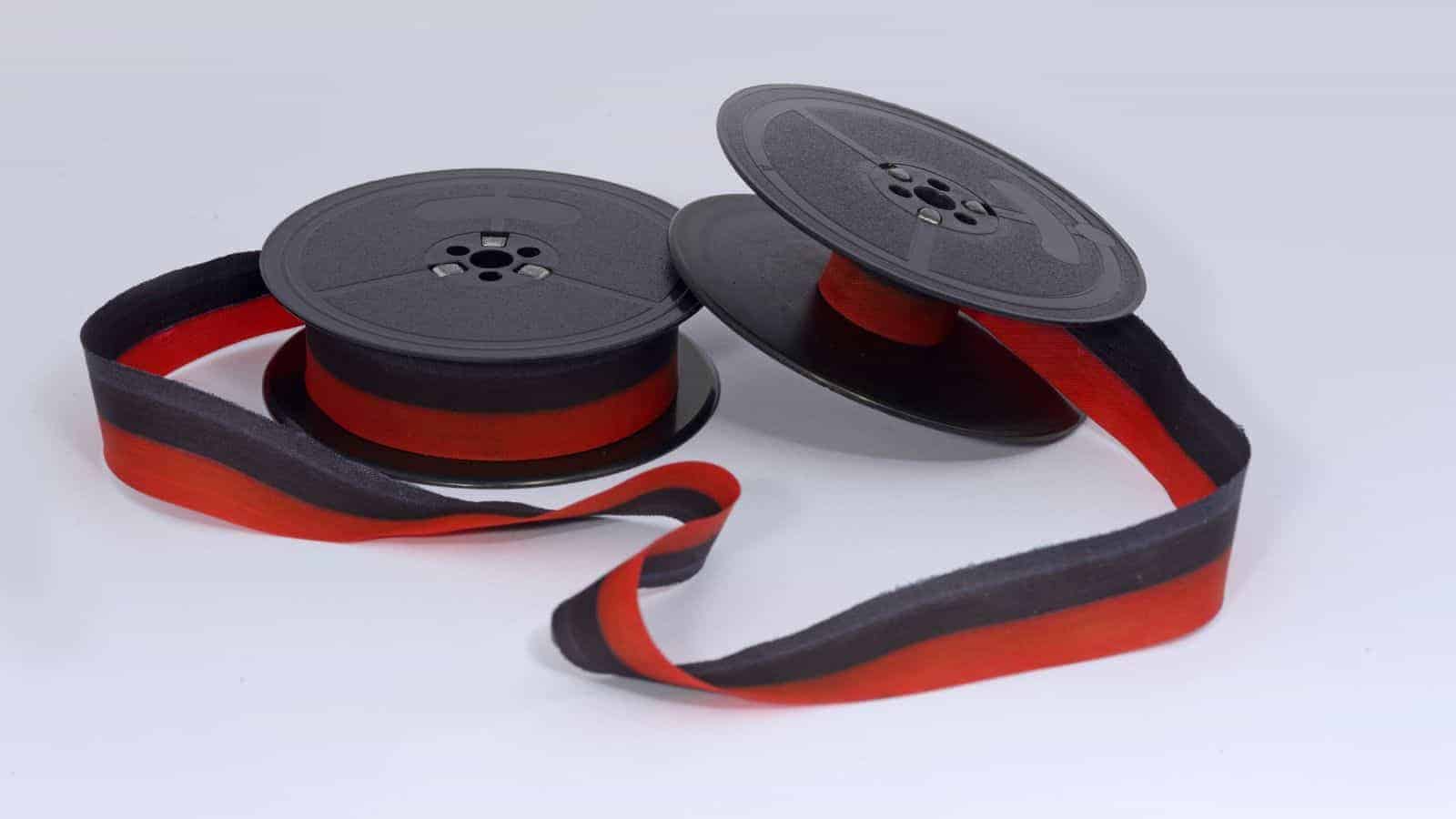
A few decades ago, typewriters were by far the most common way to create written documents, and knowing how to change the ribbon was an important part of using them. As computers and printers took over, this skill became irrelevant, though typewriters still hold a nostalgic charm for many collectors and enthusiasts around the world.
Starting a Fire Without Matches
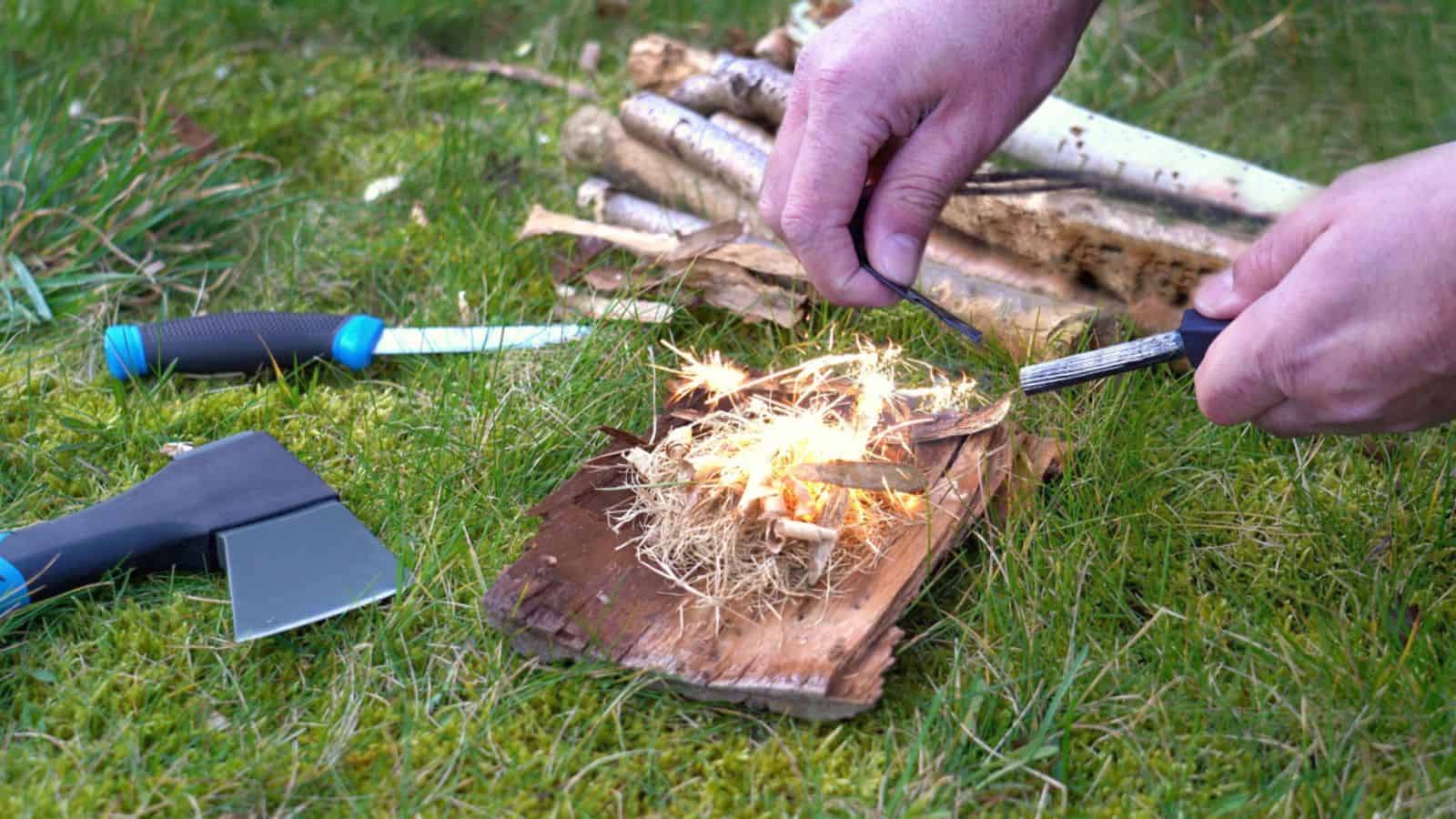
Unless you’re in a truly dire survival situation, you’re unlikely to ever need to start a fire without the use of matches today. And yet creating fire from scratch using flint, steel, or even rubbing sticks together was once an essential survival skill. Today modern tools make this practice unnecessary for the vast majority of people.
Developing Film

Developing film used to be a real art form, as it was a hands-on skill that required plenty of patience and precision. Many amateur photographers slowly learned to mix chemicals, handle negatives, and use darkrooms.
But whether we like it or not, digital cameras and smartphones have completely replaced this nostalgic process today, though it’s still a cherished art form for some.
Reading an Analog Clock

Those born several decades ago may be appalled to learn that many kids today never learn how to read an analog clock. These devices were once the standard, and learning to tell time using their hands was a basic skill. But with the prevalence of digital clocks and smartphones, far fewer people rely on analog clocks daily.
Writing a Formal Letter
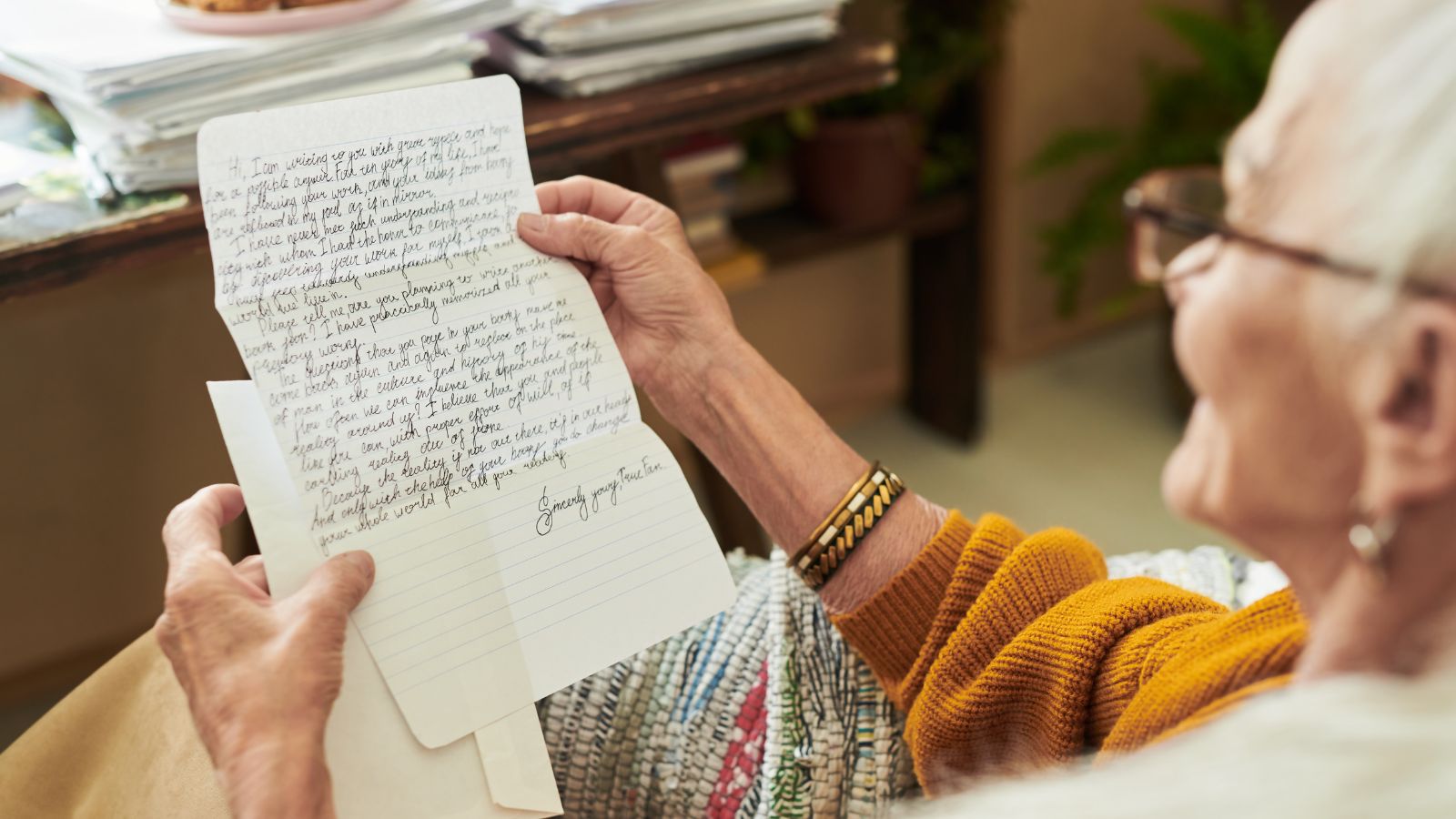
There’s something charming about the idea of drafting a formal letter by hand or typewriter, and this used to be the proper way to communicate for business or personal matters. But now, emails and text messages have replaced much of that need.
Making Butter or Bread From Scratch
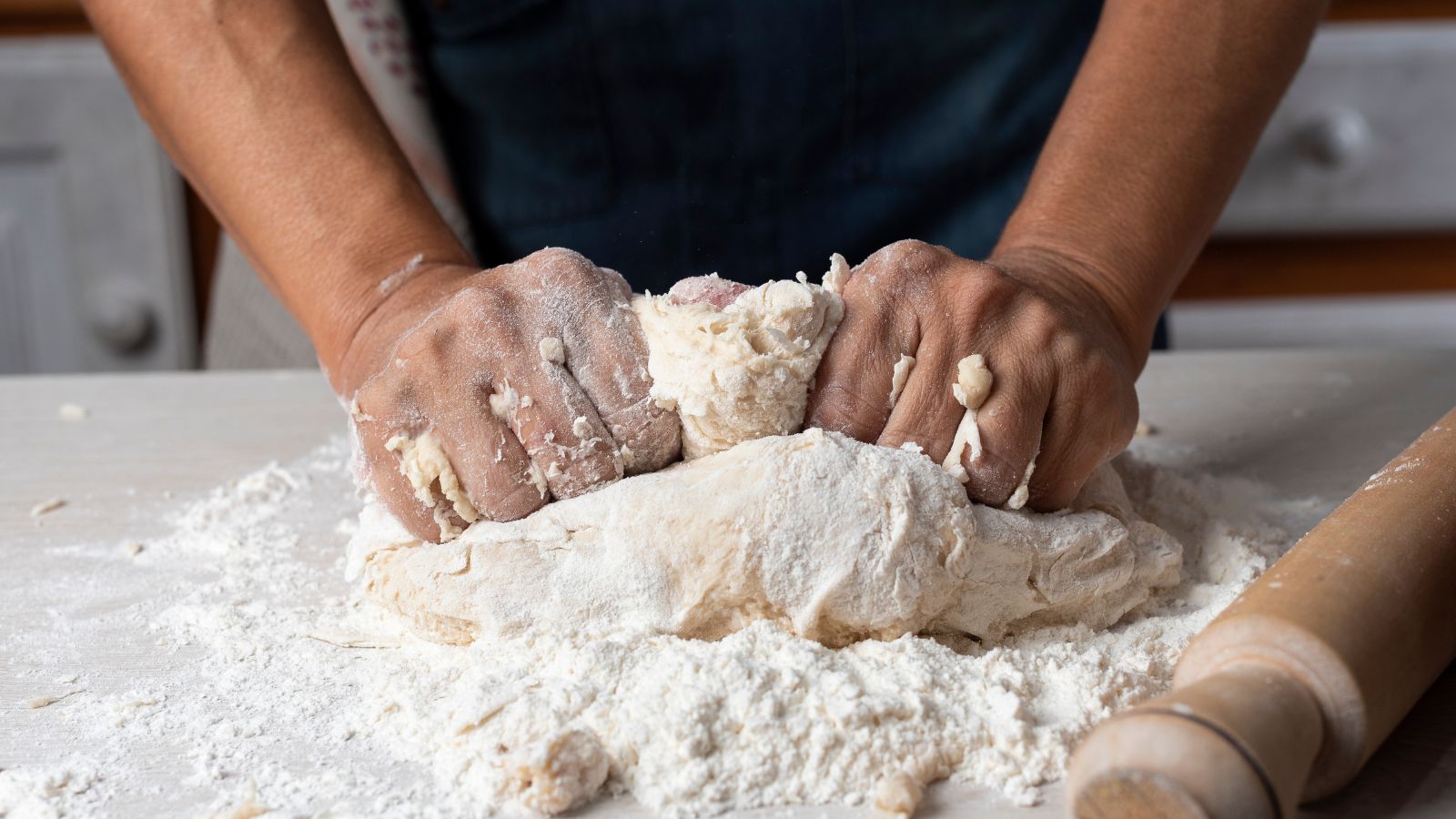
Many younger people may never have even considered the idea of making their own butter or bread from scratch, but in the past, this was a routine chore for many households. Today, these activities are more of a hobby than a necessity, thanks to the convenience of grocery stores.
